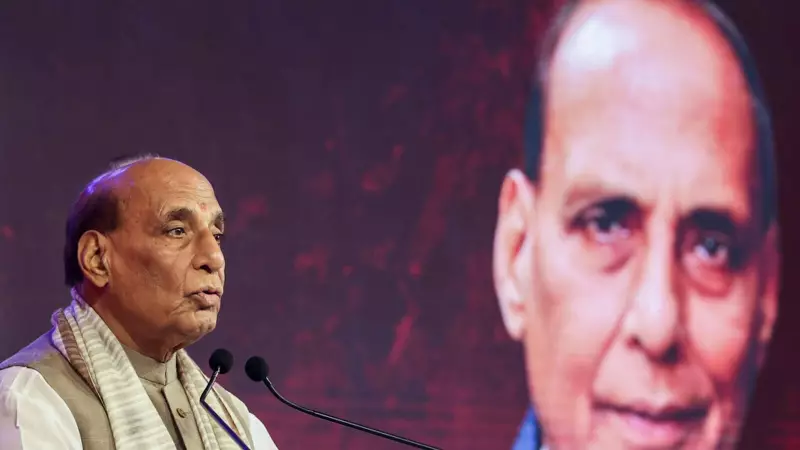
In a significant diplomatic engagement, Defence Minister Rajnath Singh is set to meet with United States Assistant Secretary of Defense for Indo-Pacific Security Affairs, Pete Hegseth, during his visit to Malaysia. The high-level meeting underscores the growing strategic partnership between New Delhi and Washington.
Strengthening Indo-Pacific Security Cooperation
The bilateral talks, scheduled to take place in Kuala Lumpur, are expected to focus on enhancing security cooperation in the Indo-Pacific region. Both officials will discuss ways to deepen defence ties and address shared security challenges in one of the world's most critical maritime corridors.
Key Agenda Items Include:
- Maritime security and freedom of navigation in the South China Sea
- Counter-terrorism initiatives and intelligence sharing
- Defence technology transfer and joint military exercises
- Regional stability and cooperative security mechanisms
This meeting comes at a crucial time when both nations are seeking to bolster their strategic presence in the Indo-Pacific amid increasing regional tensions. The discussions are likely to build upon previous agreements and explore new avenues for defence collaboration.
Expanding India-US Defence Partnership
The encounter between Minister Singh and Assistant Secretary Hegseth represents the continued momentum in India-US defence relations. Recent years have seen significant progress in defence cooperation, including:
- Major defence purchases and technology sharing agreements
- Regular joint military exercises across all domains
- Enhanced naval cooperation and port visits
- Intelligence and cybersecurity collaboration
Expert analysts suggest that this meeting could pave the way for more substantial defence agreements and coordinated approaches to regional security challenges.
Regional Implications and Global Impact
The timing of this meeting is particularly noteworthy as it occurs against the backdrop of shifting global power dynamics. Both India and the United States have expressed commitment to maintaining a free, open, and inclusive Indo-Pacific, and this dialogue is expected to reinforce that shared vision.
Defence and diplomatic sources indicate that the outcomes of this meeting could have far-reaching implications for regional security architecture and the balance of power in the Asia-Pacific region.





